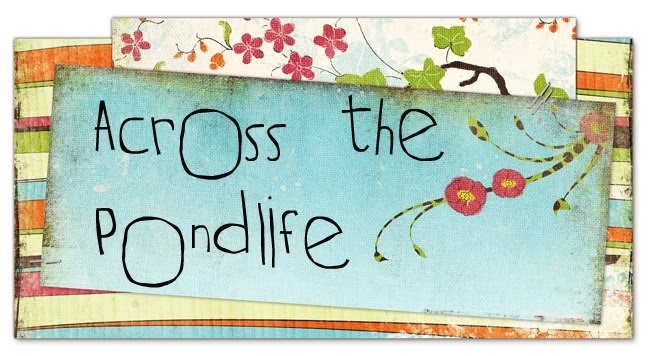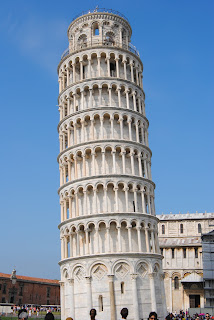I've decided to do a little update on Master Beehive the elder's eczema since I last posted on the topic and to also highlight the National Eczema Society a little and a sponsored challenge we're undertaking in 2014 to raise money for research.
Interestingly, what has prompted this post was a lady in Sainsbury's this morning, collecting for Teenage Cancer.
I immediately dug into my pocket and handed over some cash, thinking how lucky I am that none of my children have this terrible disease and hoping that it will long, long remain that way. I thought about how I'd not want to be in the shoes of any parent in this situation with such a life threatening illness.
All of this is naturally very very true and I'm not even going to compare eczema and cancer, but what I am going to do is lay it out a little barer today, explain to you exactly how and why eczema is ALSO life threatening to many teenagers (and adults) in the UK today and hope I do that without sounding as if I'm belittling ANY condition, after all, we're all very true to the causes that we have to live through and endure and most of us will fight passionately in order to spread awareness or find help etc.
Let's start at the very beginning:
For those of us with children, we often find little rashes and marks on the skin of our newborns. Most of these are put down to unspecified rashes or perhaps an intolerance to some food or other. Some of these cases will go on to be diagnosed as atopic eczema. Atopic, just means 'on the skin' and is the most common form as far as i know, although there are many other types.
Most babies will grow out of it, a few won't. What they don't tell you is that a few will then get it again, perhaps through puberty, perhaps after a period of stress - no-one actually knows the true trigger. It's quite possible that, like the cold sore virus, it lies dormant in the body until moments of weak immunity and then it's triggered, perhaps by a bout of chicken pox or flu.
What I do know is that there are literally hundreds of people with eczema in the UK, of varying degrees, all of whom are individual and therefore to get a remedy that works for your child's skin takes time and trial and error.
During this period of trial and error, you will try creams - most likely beginning with Aqueous cream and progressing through things such as Aveeno, E45, Cetraben, Dermol, Emulsifying ointment etc.
Then there are the steroid creams and the hydrocortisones - (0.5%, 1%, 2%, elacon, Daktakort, Dermovate, Betnovate...) Of course, as any concerned parent you will be a little concerned about things such as skin thinning, so you'll do your darndest to find the root cause: hence you'll probably intermittently make his life miserable by removing dairy, or wheat, or gluten, or meat, or everything. You'll introduce herbal remedies, wash his bed linen every other day, freeze his cuddly toys to remove dust mites, hoover until you realise that your arm has actually become an extension of the vacuum cleaner. You'll keep food diaries, stress diaries, photographic diaries, environmental diaries, mood diaries, diaries of when he last did a poo and what the colour was....nah, alright, I am getting a little carried away there, but you understand the intensity!
During this time you're hoping that his skin doesn't get infected and he end up with Staph or Strep or Pneumonia or Impetigo. Yes, I think this is one area that people don't realise and that is the link between his immunity to infection once his skin is broken. Periodically he'll have to be on antibiotics to clear up an infection...that'll mean he'll get an upset tummy, so you'll need to get him on pro biotics. He'll sometimes need prednisilone because the topical creams won't even touch the sides. Sometimes the infection might hospitalise him or keep him off school for a week or more.
And how does it feel? Well, if you've never experienced it and believe me, I haven't, so this explanation comes from my observations of him and trying to associate it with things I DO know:
Imagine that you have been bitten by incredibly itchy sandflies all over your body. You itch the bites, you know that you shouldn't because it releases more histamine, but you have to. You scratch so frequently and violently despite taking anti histamine tablets, that you begin to break the skin. Over a long period of time, this skin becomes weak and susceptible to splitting open. At the breaks it weeps. Your skin is now red raw. Like a seriously bad sunburn...everywhere....all the while. Anything you put on your body such as clothes hurts so, so badly...if it doesn't stick to your skin first. Some of the earlier bites heal and bleed and heal and bleed, you know that you'll be scarred. Nothing helps. Water gives temporary relief, but then your skin dries up like a wafer and cracks open again. You put moisturiser everywhere every few hours, but it stings like antiseptic on a graze, the steroid does the same. You cry, it hurts on your face when you cry...salt stings.
That's eczema from an observer's point of view.
All the while he will be subjected to torments from kids whom he meets that don't know him, weird looks from passers by because he can sometimes look exhausted, red under the eyes and a little like a drug addict with all his skin flaking off.
The shock of being told that he needs to see a psychologist when he eventually gets to see a consultant dermatologist and specialist eczema teams hits home that he is in a category of kids who are at higher risk of suicide!
So, this is why Mr Beehive and I are climbing five peaks in the Lake District in 12 hours next Easter. We will do Crinkle Crags, Bow Fell, Esk Pike, Great End and Scarfell.
I will put a link on the blog so that, if you feel you can contribute, however small, we would be very grateful.
And, just for the updated record, he has, for the first time in three years, got smooth skin and his eczema is non visible and he is not itchy. We appear to have found the steroid/moisturiser package that is working for him. We are incredibly grateful for the consultant and her team at the JR and hope that if we can raise enough, then more children will get more help from teams like her on the NHS and through the eczema society's continual campaign for awareness and support.


















































